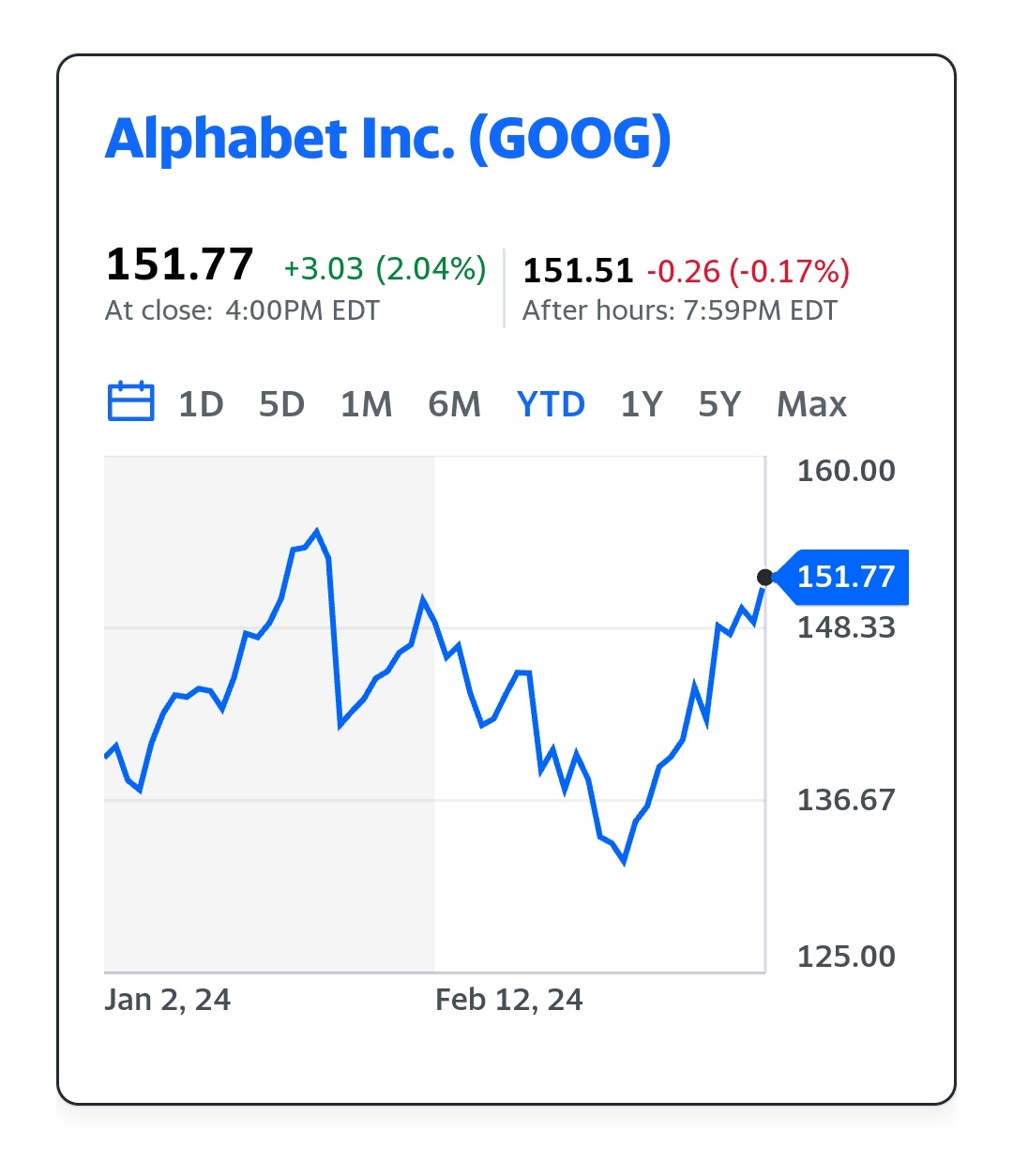MASSIVE CHANGES COMING TO GOOGLE CHROME THREATEN TO RESHAPE THE MODERN INTERNET.
Later this year Google (GOOG, GOOGL), through its Chrome browser, will end the use of third-party cookies, technology that can track people across websites to target them with personalized advertising. The transition won't come without pain.
While Google's initiative is meant to shield the privacy of users, many of the sites they rely upon and cherish could hang in the balance as a result. The move represents a profound remaking of the advertising world and user experience on the internet.
"The open web is going to suffer," said Anthony Katsur, chief executive of the IAB Tech Lab, an ad-tech industry group. "The long tail of the web, the mid-sized and smaller publishers, are going to be very impacted."

Many people are hyper-aware that the internet they experience is based on what various providers think they want to see. For marketers and businesses, that ability to infer what a user might want generates value. As targeting gets more precise, advertising can become more relevant to the audience.
Without the third-party cookie, however, businesses have less of an idea of who their audience is. That can degrade their ability to make money from advertising, making it harder to publish content for free without forcing users to hand over their emails or phone numbers.
Chrome, which commands 60% of global internet traffic, is the last major browser to allow third-party cookies. For years Apple's (AAPL) Safari and Mozilla's Firefox have blocked third-party cookies by default. But their share of the market is dwarfed by Google's. And while additional ad dollars flowed to Chrome after Safari and Mozilla enabled greater privacy protections, there will not be another browser for the ad market to fall back on once Chrome says farewell to the cookie.
Disclaimer: Community is offered by Moomoo Technologies Inc. and is for educational purposes only.
Read more
Comment
Sign in to post a comment
